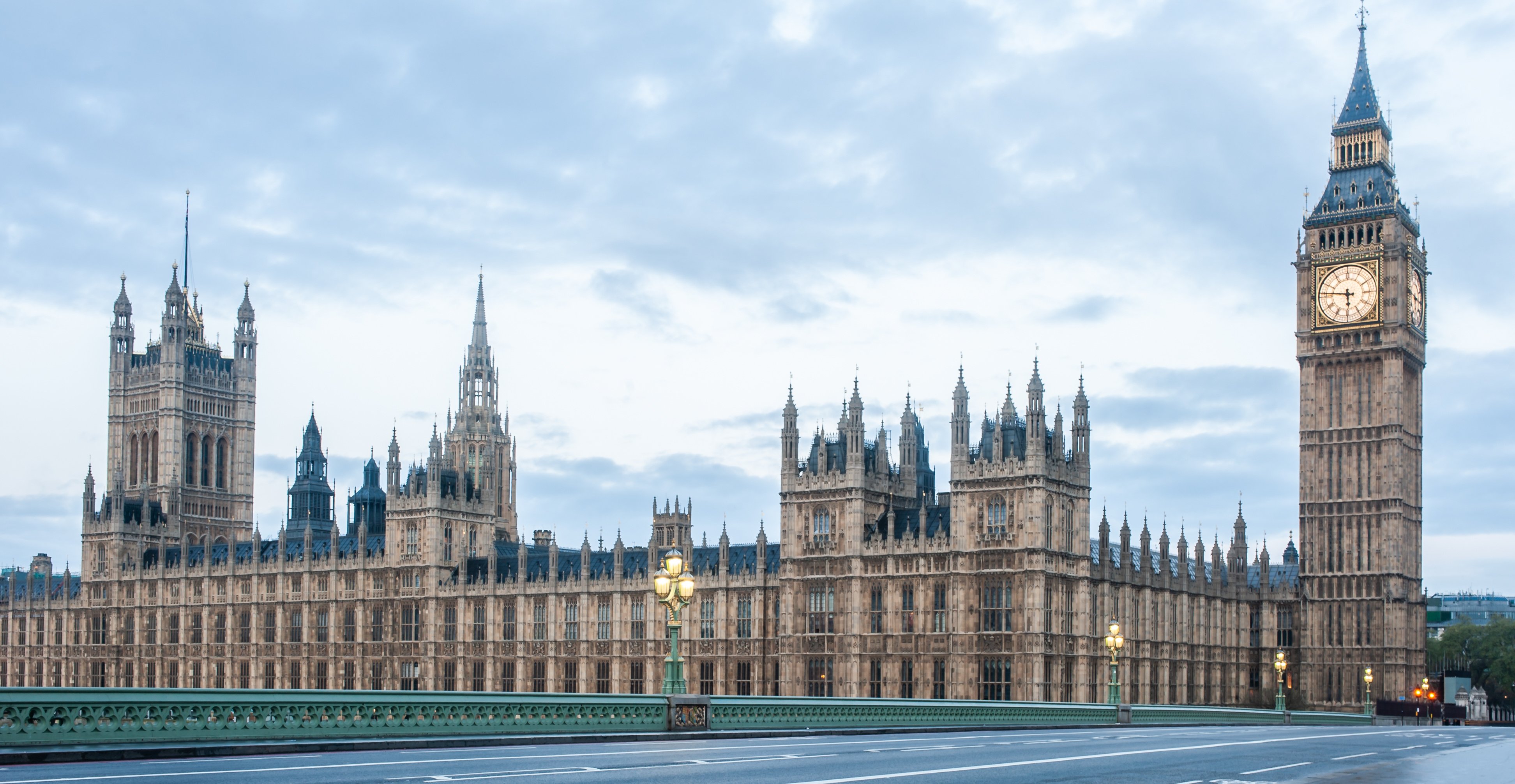The DMCC: balancing fair competition and economic competitiveness
by Inline Policy on 15 Jun 2023
In this blog, Inline looks at the details of the Digital Markets, Competition and Consumer Bill, what it means for businesses, and the debate surrounding the draft legislation.
Effectively regulating digital markets has been a priority for some time for policymakers across the world. With the EU spearheading digital market regulations through the Digital Markets Act and the US having introduced similar bills in Congress, the UK Government is attempting to regain lost time through the recently introduced Digital Markets, Competition and Consumer Bill (DMCC).
Strategic market status and its consequences for businesses
The DMCC would establish a code of conduct for firms with ‘strategic market status’ (SMS) and create a Digital Markets Unit (DMU) under the Competition and Markets Authority (CMA) to enforce the code. While the DMU has existed on a non-statutory footing up to now, the DMCC would give the DMU statutory powers to administer the code. This means the DMU can take a targeted approach and decide on a case-by-case basis whether any of a firm’s specific services has an SMS vis-a-vis other services within a sector.
The SMS designation is expected to only target the largest companies in digital markets. The DMU must issue an ‘SMS decision notice’ within nine months of starting the investigation. Although the designation will be valid for five years, it may conduct a ‘further SMS investigation’ during that five-year period, allowing it to react quickly to rapidly emerging developments within a digital market.
To be eligible for SMS, a firm’s global turnover must exceed £25 billion, or the total value of the UK turnover must exceed £1 billion per annum. After an SMS investigation, but prior to any final decisions, the DMU must publicly consult on designating strategic market status onto a company’s service. This offers an opportunity for companies affected by another company’s dominant status to voice their concerns.
Based on the strategic market status, the DMU can impose ‘conduct requirements’ or a ‘code of conduct’ on a company, which the DMU must keep under continuous review. The requirements will be tailored to each firm and its services.
Furthermore, the DMU will be able to conduct pro-competition interventions (PCIs) to remedy adverse effects on competition in digital markets. PCIs include general restrictions on conduct that the DMU considers anti-competitive, obligations related to the firm’s service, changes to acquisitions or divisions, or the provision and publication of information. The DMU will have broad discretion to impose PCIs and therefore steer SMS companies’ behaviour.
Lastly, SMS firms would be required to report mergers if an entity of the firm’s group has a “qualifying status” (shares/voting rights increase from less than to equal or more than 15%, 25% or 50%); operations in the UK, or if the merger results in a consideration of at least £25 million. The mandatory reporting requirement would give the CMA sufficient information to help determine whether it wants to open a full investigation under the regular merger control regime. This will prolong mergers involving SMS firms.
Although the bill targets the largest firms in their markets, smaller companies will be affected by the bill too. As the DMU has the exclusive authority to determine conduct requirements and PCIs, companies which benefit from those interventions might call for more oversight to ensure the DMU and SMS firms are not negotiating preferential terms.
Merger control regime reforms
Regardless of whether a company has strategic market status, the DMCC makes three changes to jurisdictional thresholds under the UK merger control regime.
Firstly, the turnover-based threshold relating to the target of a merger will be raised from £70 million to £100 million. Secondly, the ‘acquirer-focused’ threshold will apply if one of the parties supplies at least 33% of goods and services in the UK and has UK turnover of over £350 million. The other party would have to be a UK business, carry on at least part of its activities in the UK, or supply goods and services in the UK. Finally, the bill will introduce a safe harbour for mergers where each party’s UK turnover is less than £10 million.
John Fingleton, former head of the CMA’s predecessor, the Office of Fair Trading, has noted that the “CMA has more power to block mergers than any other global enforcer” and is “the world’s policeman on mergers.”
Debates and next steps
The DMU, and the CMA more broadly, have received increased powers to enforce the regime to regulate digital markets in a targeted and flexible way, allowing them to adapt to new market developments and intervene quickly.
However, some MPs fear that over-regulation could lead to businesses moving away from the UK. During the bill’s second reading in Parliament, Conservative MP John Redwood stated that businesses would “find other places with greater freedoms and lower taxes as the ideal place in which to experiment, to set up and to seek to export from, rather than from the United Kingdom.”
The Labour Party has argued for greater Parliamentary scrutiny and oversight of the CMA. Alex Davies-Jones MP commented during the second reading of the bill that “it is absolutely vital that the CMA has a direction from this Parliament of what policies should be in its primary focus, and I am keen to explore that further in Committee.”
The fact that both parties have criticised the CMA’s increased powers suggests that MPs might table amendments to include greater Parliamentary oversight mechanisms to scrutinise the CMA’s decisions. At the same time, the Government is trying to move the bill through Parliament as quickly as possible, meaning there is less time to consider non-government amendments, reducing their chances of being included in the bill.
The bill has moved to the Public Bill Committee, which is taking evidence from experts and interest groups from outside Parliament. This is a crucial period for businesses and interest groups to express their views on the bill by engaging with the Committee.
Inline is following the bill closely as it moves through Parliament. Please get in touch if you would like to learn more about how the legislation could impact your business or how you could share your views with policymakers.
Topics: Competition and Markets Authority, Platforms, Competition policy, Antitrust, Big Tech, Digitaleconomy, techpolicy






Comments